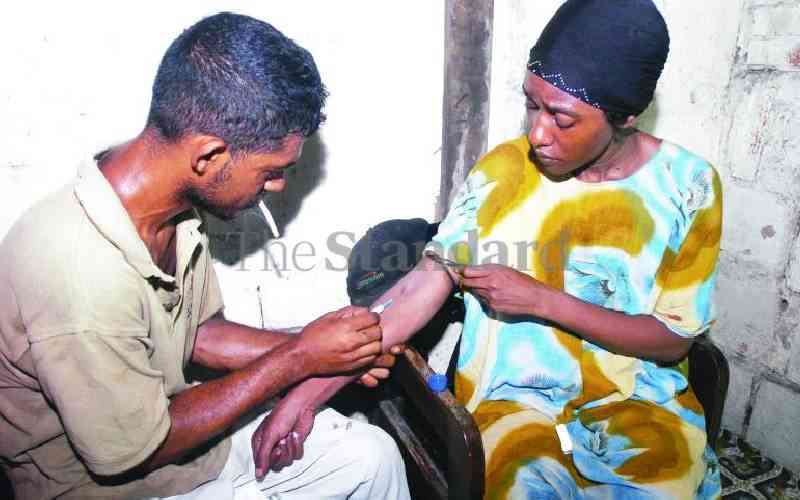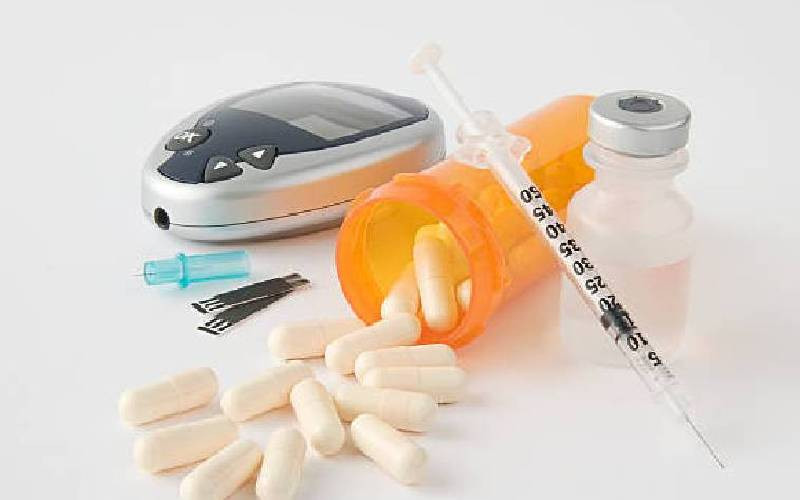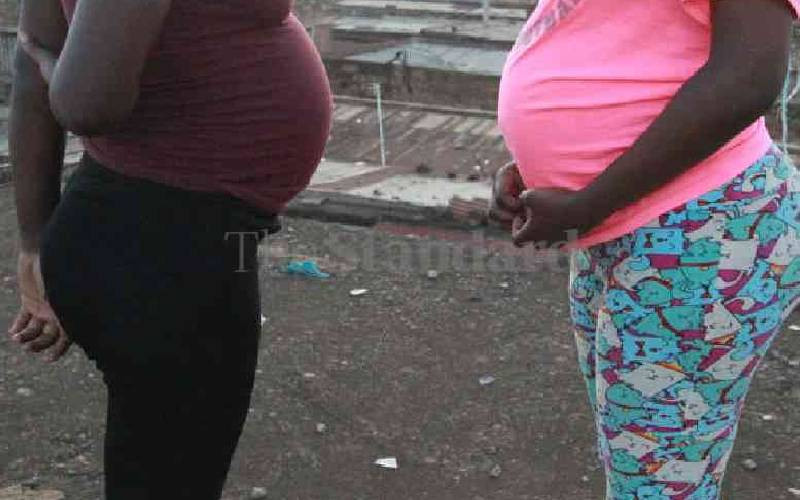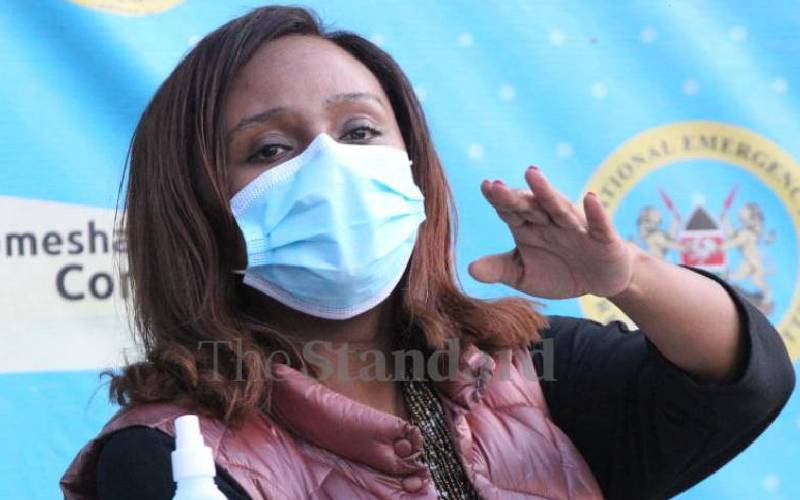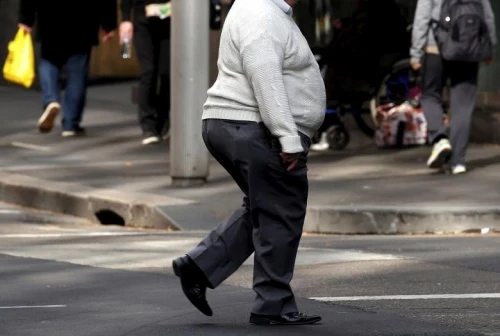At least four in 10 health workers and most women attending antenatal clinics at Kenyatta National Hospital in Nairobi have been exposed to Covid-19, according to a report.
The latest Covid-19 Policy Brief report by Kemri-Wellcome Trust shows that patient porters are the most exposed health workers to Sars-Cov-2 virus in a hospital setting.
Kemri-Wellcome Trust, which did antibody tests on health workers at KNH, found exposure to the virus among patient porters to be 50 per cent.
A hospital porter moves patients, equipment and other medical supplies.
The percentage was the highest among the eight groups who took the antibody test.
Antibody testing shows that 46.4 per cent of pregnant women have already been exposed to Covid-19. This percentage is based on 196 blood samples taken from mothers who attended antenatal clinics at KNH between July 30 and August 25.
Stay positive for months
According to the study, exposure of pregnant women is from the communities they live in. Antibody testing is important in pathogen detection — useful in understanding and controlling pandemics. Antibodies are more durable markers of infection as they provide information on infection rates and if one had Covid-19 in the past and now.
Kemri-Welcome Trust, based on US protocols, developed antibody-based testing that is 99 per cent specific and 93 per cent sensitive to the virus in order to do this surveillance testing for the virus in Kenya.
When the first Covid-19 case was recorded in the country, the infection rate was mainly in urban areas. The initial rise and fall of the positive cases between June and September was due to reduction in the number of people who are susceptible to the virus, as a large population, between 30 and 40 per cent, are said to have contracted the disease.
But the spike in cases being experienced now is as a result of the virus moving to more rural counties and sub-counties.
The high cases reported in Nairobi and Mombasa are attributed to increase in tests and change in the testing strategy. The Ministry of Health shifted from a more targeted approach to testing high risk and symptomatic cases.
Whether a person has been infected before or not can be detected by testing the blood for antibodies which are thought to stay positive for several months.
According to the report, Sars-Cov-2 antibody prevalence among blood donors in Kenya has more than doubled from 5.6 per cent in May when 3,098 samples were tested to 13.3 per cent by August 4 after 3,651 blood samples were tested.
In Nairobi, antibody prevalence among blood donors over the same period increased from 8.9 per cent to 21.5 per cent. In Mombasa, it increased from 9.3 per cent to 17.1 per cent. This shows that the number of people already exposed to the virus has increased in urban areas.
Sample collection
Antibody testing also revealed that almost half of health workers have been exposed to the virus.
According to the report, antibody testing of 183 healthcare workers at KNH shows that 41 per cent had been exposed to Sars-CoV-2 at the time of sample collection between July 30 and August 28.
However, the antibody testing cannot conclusively determine whether exposure to the virus by the health workers occurred in the course of their work or from interaction with members of the community.
The clinical surveillance report shows that the number of inpatients in 14 county hospitals — up to end of September — is not higher than what was observed during the same months in 2019.
According to the report, the total number of adult inpatient deaths in the surveillance hospitals has remained constant during the pandemic.
 The Standard Group Plc is a multi-media organization with investments in media platforms spanning newspaper print
operations, television, radio broadcasting, digital and online services. The Standard Group is recognized as a
leading multi-media house in Kenya with a key influence in matters of national and international interest.
The Standard Group Plc is a multi-media organization with investments in media platforms spanning newspaper print
operations, television, radio broadcasting, digital and online services. The Standard Group is recognized as a
leading multi-media house in Kenya with a key influence in matters of national and international interest.

